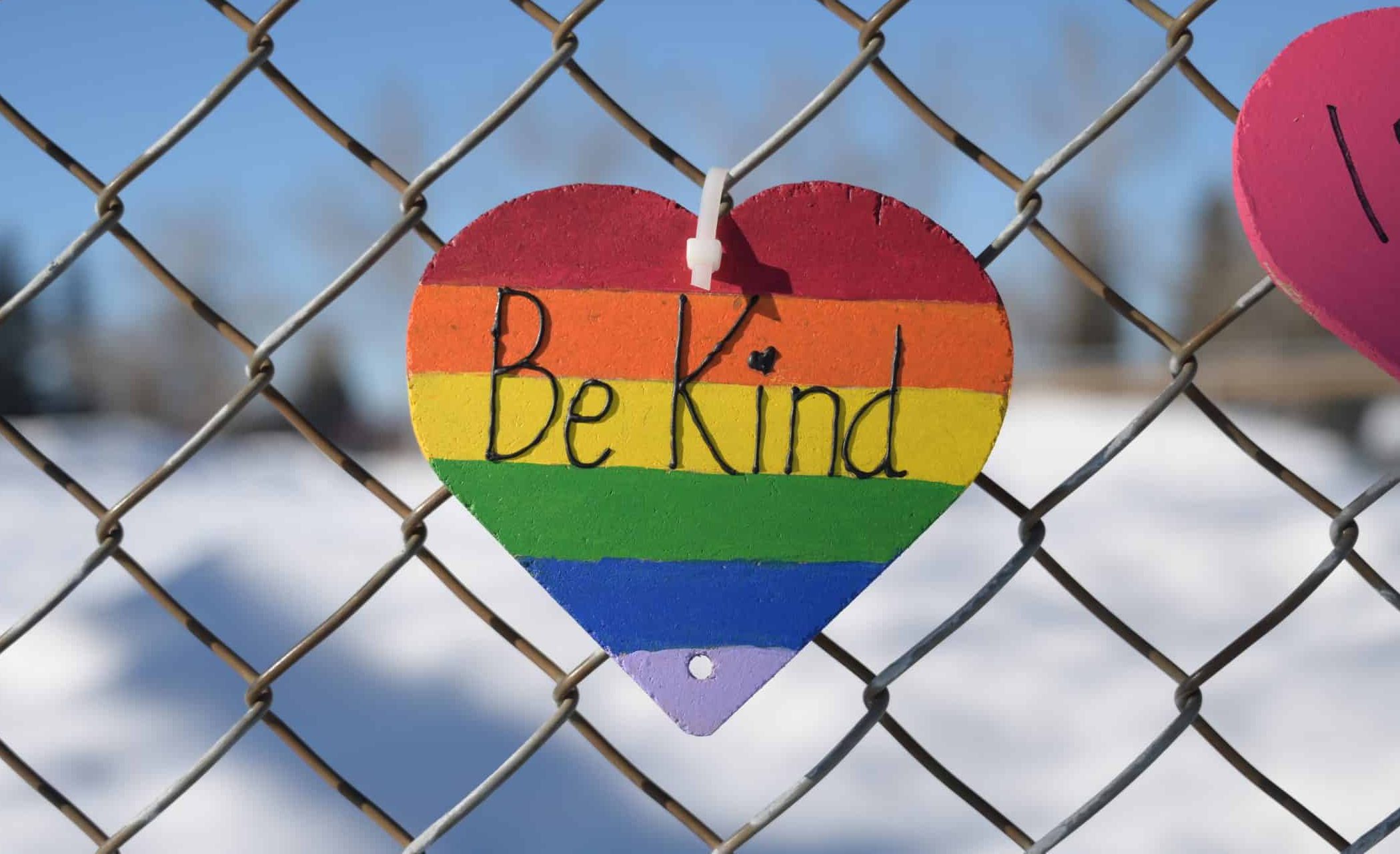
The General Medical Council’s requirement in its updated guidance Good Medical Practice for doctors to be kind has caused some consternation.1 Although it seems reasonable at first glance, the idea that proper medical treatment is dependent on our kindness attributes more agency – and therefore responsibility – to individual practitioners than most of us would own, and seems likely to feed into the blame culture of the NHS.2 The perception that someone has been unkind is already a frequent trigger of complaints, and in situations where we have a responsibility to challenge patients, should we instead just avoid rocking the boat? Is this really kindness? The GMC is the arbiter of professionalism in medicine, but how does being kind fit into a professional framework, and is it a luxury or a necessity?
What really defines us as professionals, though, is that the role becomes part of our identity: we don’t just do medicine; we are doctors.
Professionalism is partly about training, competence, and conformity to accepted standards of practice. What really defines us as professionals, though, is that the role becomes part of our identity: we don’t just do medicine; we are doctors. This means that we have a degree of autonomy in how we practise, but only within our wider responsibility to know the rules of the game and play by them. If we don’t wear a uniform, it’s not that we have cast it off, but that we have internalised it. We are less free than we appear.
When patients and doctors look at each other, they see not just the other, but a person like themselves, and it is this sense of shared humanity, of kinship, that is the basis for effective relationships within which kindness finds its place.3 The patient says in effect, “Please help me because I am like you,” and we act professionally on their behalf, not just because it is our job, but because we recognise the validity of their appeal. Our shared humanity motivates us to help, and our professionalism defines the help we offer.
Recognising and preserving the distinction between professionalism and humanity in our relationships is crucial. Otherwise, a patient asking for something that their doctor cannot reasonably give may misinterpret refusal as a denial of kinship and take offence. Conversely, a doctor seeking to affirm the same sense of kinship may end up over-sharing or prescribing inappropriately. If there is a causal link between burnout and the over-prescribing of antibiotics and opioids,4 might this represent not so much a professional failure to say no as an aching human need to say yes, to try however clumsily to introduce some kindness into what can easily become a dehumanising experience of work?
There is in each of us a need to be kind, to use the resources at our disposal in a way that sustains positive relationships with those around us, whether colleagues or patients. And yet, if we constantly go the extra mile and give more of our time, attention and energy, there is a danger that we end up either exhausting ourselves or trying so hard to avoid exhaustion that we lock away our humanity behind a professional facade.5 The problem is in fact neither an excess nor a lack of kindness, but a misunderstanding of the role of kindness in professional relationships.
It is perhaps worth reflecting on the origin of the metaphor of going the extra mile. A first-century Roman soldier could require a local to carry his gear for one mile, after which he was freed from further obligation, but Jesus told his followers to double this distance.6 He wasn’t supporting the military, but subverting the paradigm of power and control. True strength is about more, and kindness need not weaken us.
Kindness is neither a luxury nor an obligation, but a fundamental part of how we relate to each other.
In motivating us to do what we can, then, kindness does often lead us to go beyond the bare minimum. This is not just a zero-sum transaction in which we deplete ourselves for our patients’ benefit, however. Rather, by affirming and strengthening our kinship, it lets us build relationships in which patients are willing to take on greater responsibility for their own healthcare, share more of the uncertainty that is ever-present in medicine, and forgive us more readily when we get things wrong. Kindness is neither a luxury nor an obligation, but a fundamental part of how we relate to each other. Put simply, we cannot afford not to be kind, especially when we are busy.7
The inclusion of kindness in Good Medical Practice is, on the face of it, a reasonable reflection of the importance of relationships in medicine. In locating kindness within the professional rather than the human sphere, however, the GMC has made a category error with serious implications. Good doctors will always go the extra mile, but by definition, this is not something that can be required of them.8 There is a danger that kindness, like resilience or continuity, becomes just another magical solution to the problems of the health service, when what we really need is a system in which a doctor’s kindness unlocks the appropriate professional resources, rather than creating an obligation to make up for their absence.
References
- McCartney M, The job of a doctor is not necessarily to be kind, BMJ2023;382:p1995 DOI: https://doi.org/10.1136/bmj.p1995
- From a blame culture to a learning culture, Health Secretary addresses the Global Patient Safety Summit on improving safety standards in healthcare From a blame culture to a learning culture – GOV.UK (www.gov.uk)
- Intelligent Kindness: Reforming the culture of healthcare, John Ballatt & Penelope Campling, RCPsych publications, 2011
- Hodkinson et al, Association of strong opioids and antibiotics prescribing with GP burnout: a retrospective cross-sectional study, BJGP 2023; 73 (733): e634-e643 DOI:https://doi.org/10.3399/BJGP.2022.0394
- Louise Stone, Rationing the milk of human kindness: the fable of The Dun Cow, BJGP 2020; 70 (698): DOI: https://doi.org/10.3399/bjgp20X712457
- The Bible, Matthew 5:41 Matthew 5:41 NIV – If anyone forces you to go one mile, go – Bible Gateway
- Nigel Mathers, Compassion and the science of kindness: Harvard Davis Lecture 2015, BJGP 2016; 66 (648): e525-e527. DOI:https://doi.org/10.3399/bjgp16X686041
- Martyn Hewett, Ethics and toxic high-workload work environments, BJGP 2022; 72 (718): 226-227. DOI:https://doi.org/10.3399/bjgp22X719333
Featured image by Ryunosuke Kikuno on Unsplash









[…] Improving the patient experience is paramount which is why making an emotional connections makes us feel understood, cared for and secure. […]